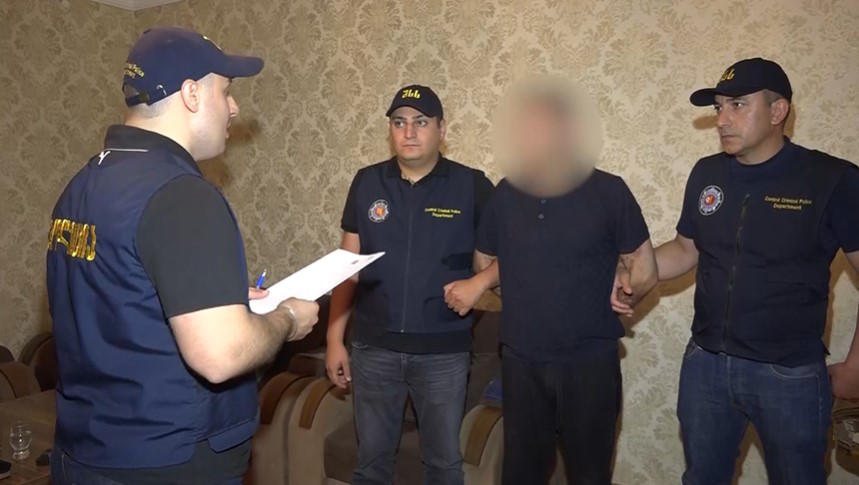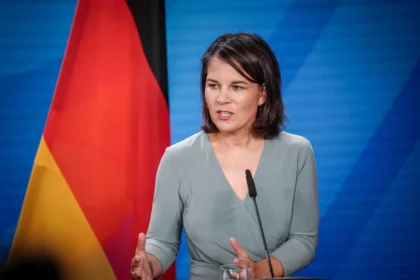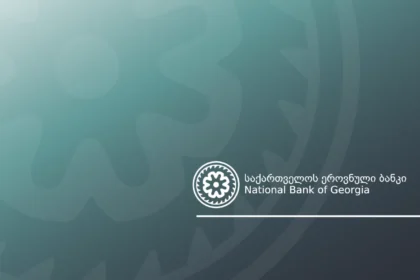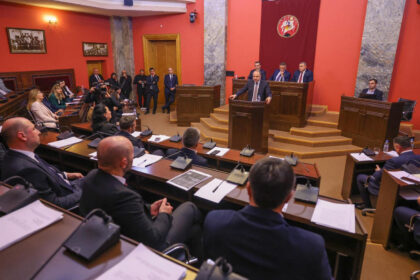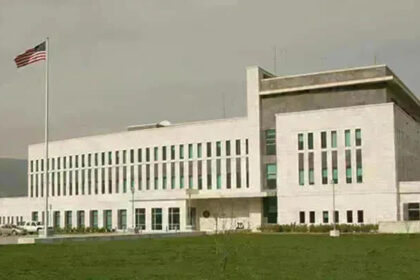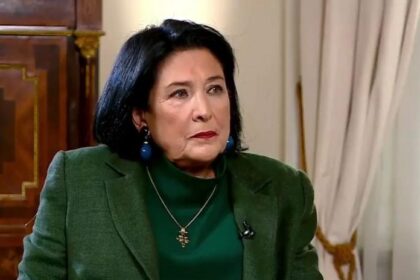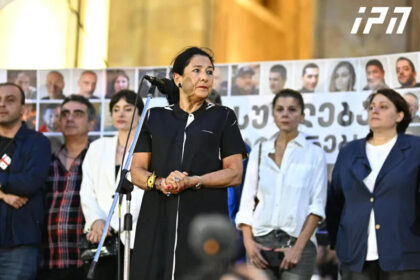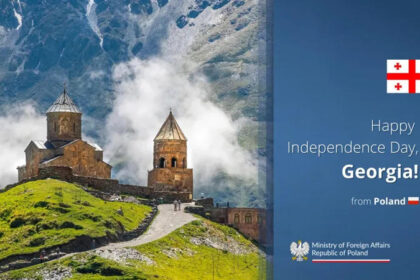**Police Crack Down on Georgia’s “Thieves’ World”**
In a major crackdown, 20 individuals linked to the country’s notorious “thieves’ world” were detained by police in Georgia. The Ministry of Internal Affairs announced the move, with Deputy Minister Alexandre Darakhvelidze revealing that charges had been filed against four others, including two “thieves-in-law,” who are wanted abroad.
According to Darakhvelidze, the investigation revealed that the accused individuals were involved in resolving financial disputes between citizens for personal gain. They organized so-called “thieves’ gatherings” on Georgian and Turkish territories, involving disputing parties and “thieves-in-law” living abroad. The accused made decisions based on “thieves’ traditions,” obligating one party to pay money to the other and themselves.
In cases where deadlines were not met, they threatened physical violence and death. Police seized computer equipment, mobile phones, narcotic substances, and firearms as evidence during searches of the accused’s premises. The investigation is ongoing under various articles of the Georgian Criminal Code.
**What Does it Mean?**
The “thieves’ world” in Georgia refers to a network of individuals involved in organized crime, particularly extortion and financial disputes. The group operates on a hierarchical system, with “thieves-in-law” holding positions of power. The recent crackdown is seen as a significant step towards dismantling this network.
**Expert Commentary**
“This operation shows that the government is committed to tackling organized crime in Georgia,” says our expert. “The fact that charges were filed against individuals living abroad demonstrates the country’s willingness to cooperate with international authorities. However, more needs to be done to address the root causes of this phenomenon and prevent its resurgence.”
**Deeper Analysis**
The investigation highlights the complex nature of organized crime in Georgia. The accused individuals were able to operate across borders, using technology to communicate with each other and “thieves-in-law” abroad.
“This case underscores the need for stronger international cooperation in combating transnational organized crime,” our expert notes. “It also raises questions about the effectiveness of existing laws and law enforcement strategies in tackling this issue.”
Read More @ www.interpressnews.ge




